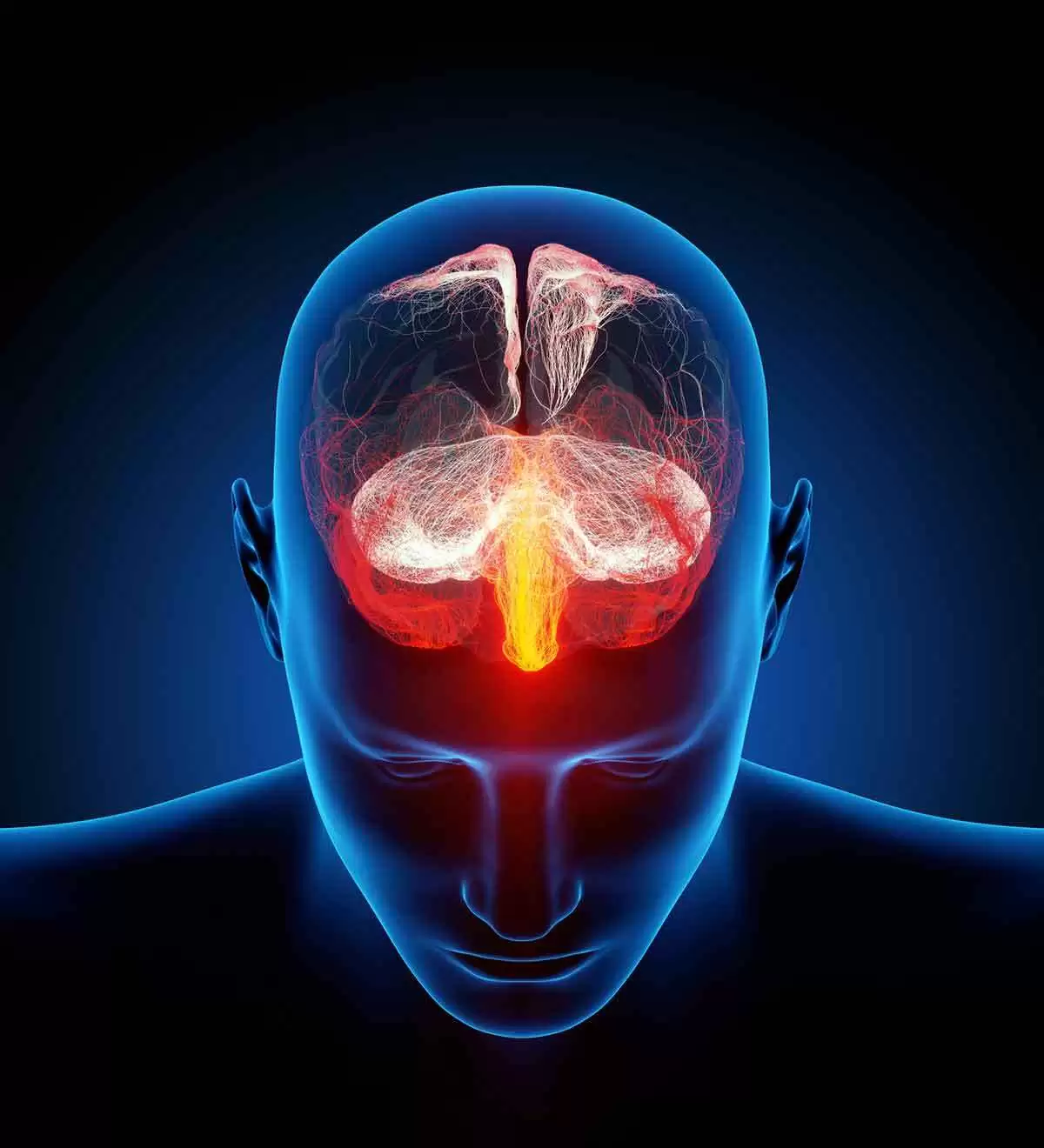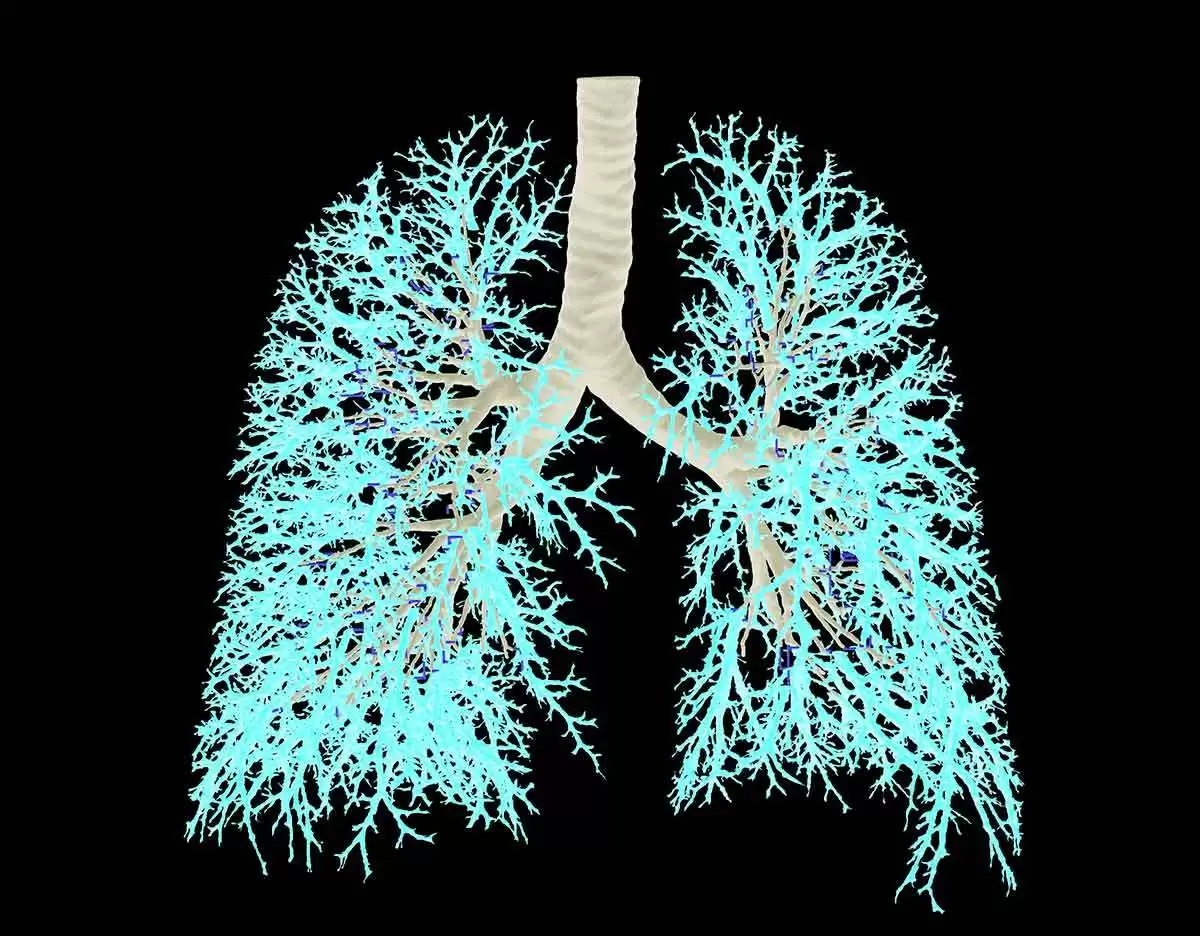
Celiac.com 10/23/2021 - A compelling new idea has dawned on the medical/scientific horizon. Dr. Rodney Ford, a pediatric gastroenterologist in New Zealand who calls himself "doctorgluten" on the Internet, has come up with a startling hypothesis that synthesizes and makes sense out of a wide range of otherwise confounding findings in the celiac and gluten sensitivity literature. For instance, why have Dr. Marios Hadjivassiliou and his group found that some people with neurological disease with anti-gliadin antibodies but without celiac disease, recover on a gluten-free diet? And why do other neurology patients sometimes recover from their neurological problems after treatment of their coexisting celiac disease? (Sadly, as Dr. Ford points out, by the time neurological disease develops the prognosis is often very poor.) Further, why do so many celiac patients present with such a wide range of symptoms, most of which are not obviously or usually associated with gut disease? And why are so many individuals who suffer from psychiatric, autoimmune, and even some infectious diseases, helped by a gluten-free diet?
The answer to all these questions, according to Dr. Ford's hypothesis, is that the gluten-driven disease is primarily an affliction of the brain. Gluten proteins and/or derivative peptides reach the brain and cause neurological damage along with hormonal and neurotransmitter abnormalities. The nerves in the gut, about as voluminous as the brain, are also damaged by these proteins and peptides. The net result is a cacophony of signs, symptoms, and manifestations across a broad range of organs and body systems. From epilepsy to abdominal distress to schizophrenia, gluten induced damage to the brain and connected nerve fibers can and does disrupt virtually any and every part of the body.
Celiac.com Sponsor (A12):
Dr. Ford marshals a large body of evidence in his new book, Full of it!, to support this radical departure from conventional wisdom in the celiac/gluten-sensitivity research field. Step by step he explains very simply how the enormous complex of nerves in the brain, spine, and abdomen interact to control all our body systems. He avoids technical terminology as much as possible by using terms such as "tummy brain" which are both clear and instructive even to those who are unfamiliar with medical terminology.
The implications of this hypothesis are startling and extensive. If, as Dr. Ford suggests, gluten actually damages the brain in most of us who are gluten sensitive, then celiac disease is just one result of that damage. Instead of occupying the center of the research stage it should be viewed as just one of many gluten mediated illnesses, and that is exactly what Dr. Ford articulates. His hypothesis highlights the need to test for anti-gliadin antibodies frequently and recommend a gluten-free diet whenever these positive test results are found, whether or not celiac disease is present.
Dr. Ford credits a number of research heroes of gluten-related medical research, including Dr. Curtis Dohan, Dr. Marios Hadjivassiliou, Dr. Michael N. Marsh, Dr. Alessio Fasano, Dr. W.T. Cooke, Dr. A De Sanctis, Dr. Kenneth Fine, Dr. G.K.T. Holmes, Dr. A-M Knivsberg, Dr. Kalle Reichelt, and a host of others too numerous to list. Without doubt, Dr. Ford has ‘seen further because he was standing on the shoulders of these giants,' (to paraphrase Sir Isacc Newton's famous statement). Nonetheless, Dr. Ford's novel view of this mass of research findings has led to his well supported hypothesis - one that threatens to overturn the current conception of gluten mediated disease. The symmetry and beauty of Ford's insight comes, in part, from its simplicity. It explains why there are so many and such varied manifestations of gluten sensitivity while making a minimal number of assumptions. And that, according to the long-standing principle of science called Occam's Razor, is the best possible explanation for a particular phenomenon.









Recommended Comments
Create an account or sign in to comment
You need to be a member in order to leave a comment
Create an account
Sign up for a new account in our community. It's easy!
Register a new accountSign in
Already have an account? Sign in here.
Sign In Now